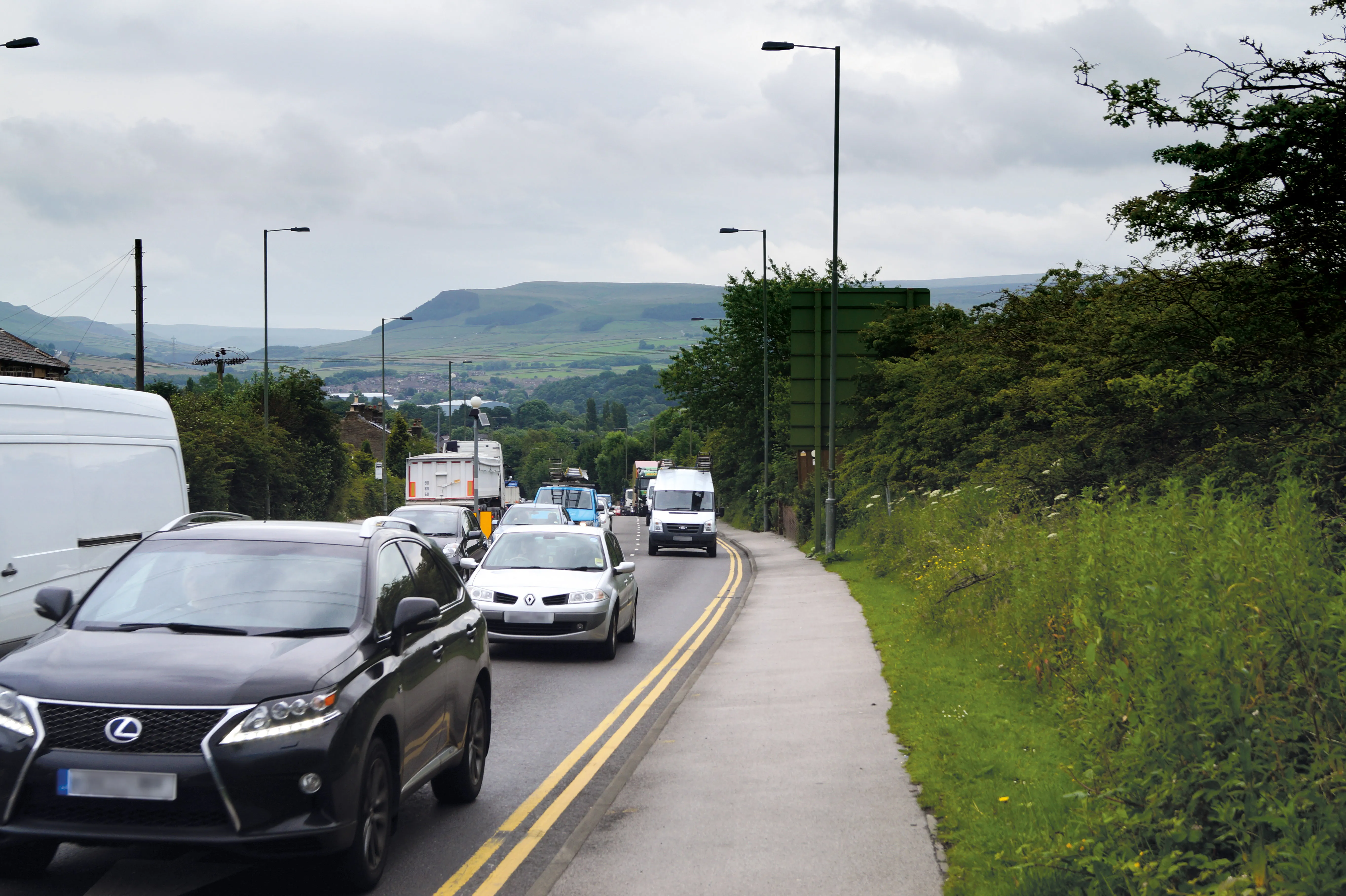The Danish government has shelved the plans for a road toll scheme for Copenhagen. The decision has been welcomed by opposition parties, and the government is now set increase funding for public transport so that ticket prices can be reduced. However, full details of the increased financing of public transport are yet to be disclosed. A government appointed expert committee will also study how to reduce congestion.
April 23, 2012
Read time: 1 min
The Danish government has shelved the plans for a road toll scheme for Copenhagen. The decision has been welcomed by opposition parties, and the government is now set increase funding for public transport so that ticket prices can be reduced. However, full details of the increased financing of public transport are yet to be disclosed. A government appointed expert committee will also study how to reduce congestion.









